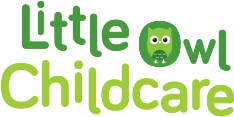You don’t need expensive toys and amazing activity ideas to keep young children busy and learning. Tearing paper up into little pieces can be very satisfying and also very useful for young children’s fine motor development. The act of tearing encourages useful finger and co-ordination skills. The child will have to practice holding the paper in between their pointing finger and thumb and to move each hand in different directions. It is harder than you think!
Make it fun! Use lots of different paper, different colours, textures and sizes. Kids love to get messy, you could get the glue out and stick down some pieces to make a collage.
Why?
- Children will learn to move, reach and grasp which will develop the muscles and skills to scribble, in time learning how to write
- Body awareness, developing to make big movements and small movements, such as, pincer grasp
- Awakening and developing the brain
- Coordination skills
Next time your at a lose end, try tearing paper with your little ones, the learning possibilities are endless.

Recent Comments